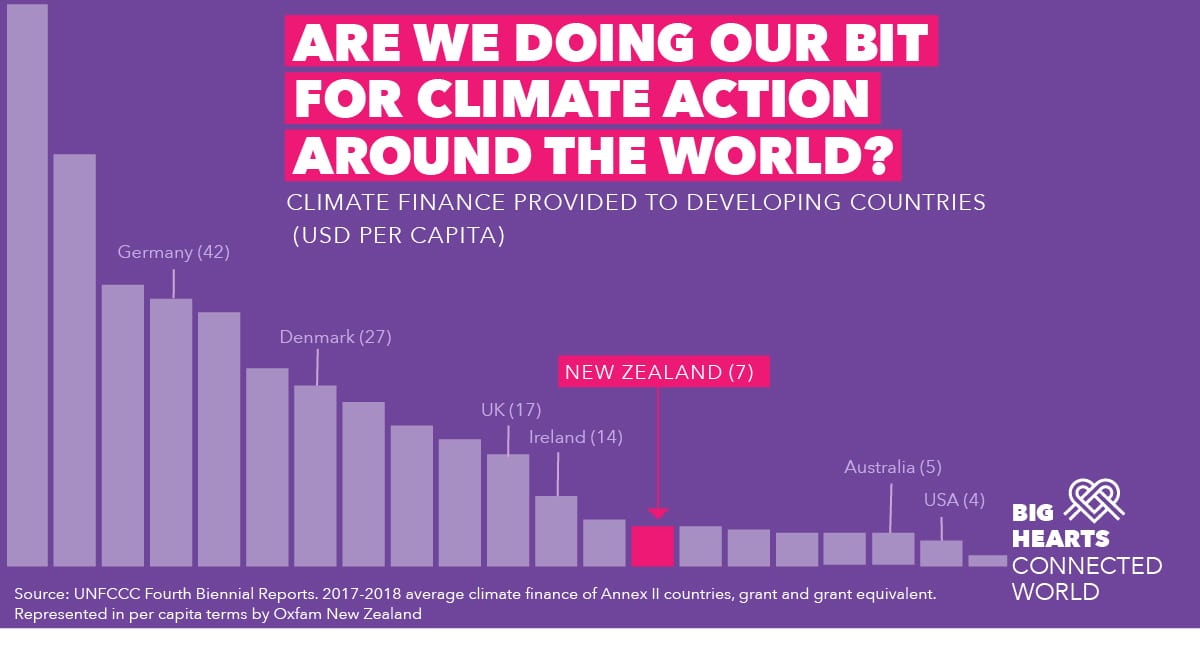As 2020 draws to a close, the economic devastation caused by the COVID-19 pandemic shows no sign of abating. Without urgent action, global poverty and inequality will deepen dramatically. Hundreds of millions of people have already lost their jobs, gone further into debt or skipped meals for months. Research by Oxfam and Development Pathways shows that over 2 billion people have had no support from their governments in their time of need.
Our analysis shows that none of the social protection support to those who are unemployed, elderly people, children and families provided in low- and middle-income countries has been adequate to meet basic needs. 41% of that government support was only a one-off payment and almost all government support has now stopped.
Decades of social policy focused on tiny levels of means-tested support have left most countries completely unprepared for the COVID-19 economic crisis. Yet, countries such as South Africa and Bolivia have shown that a universal approach to social protection is affordable, and that it has a profound impact on reducing inequality and protecting those who need it most.






